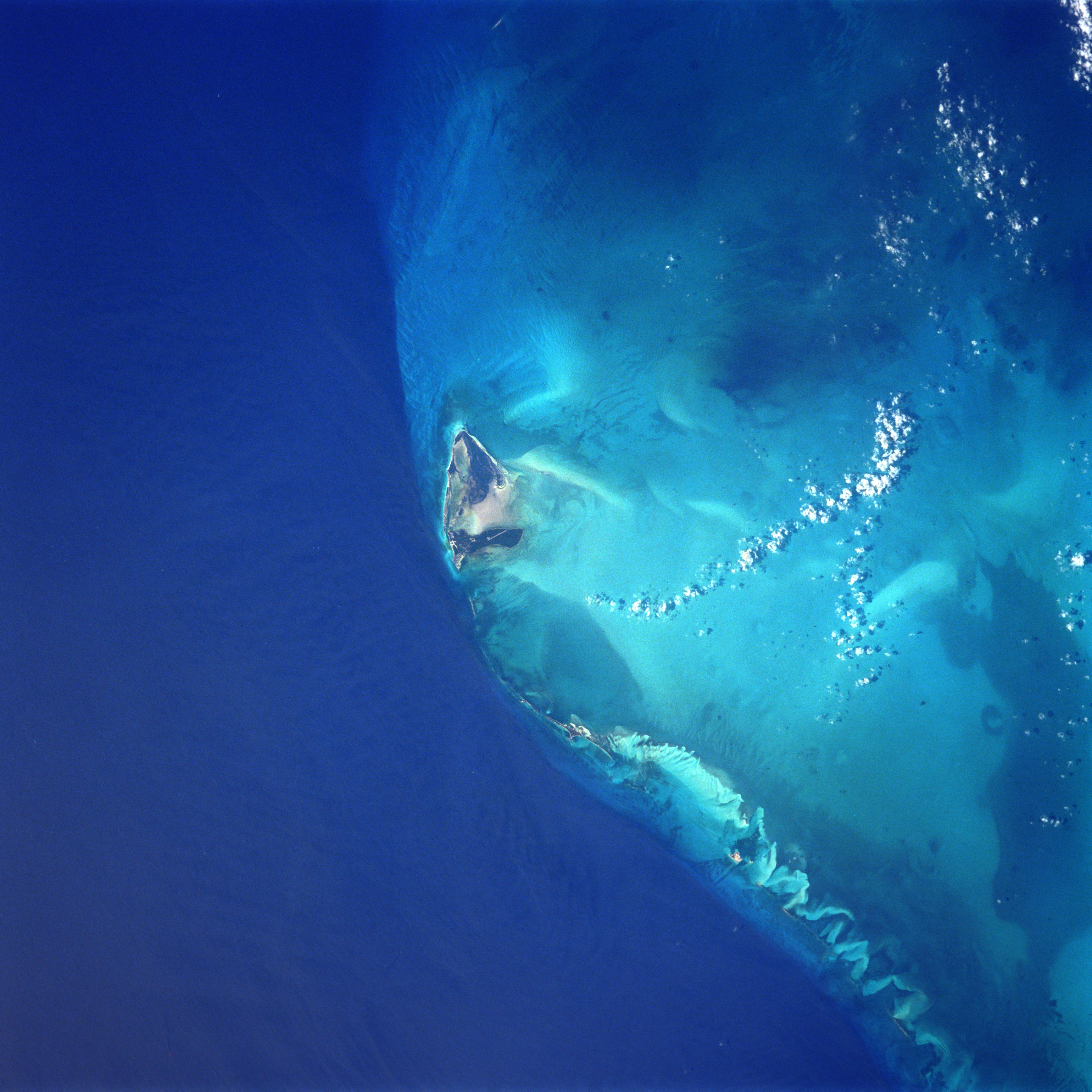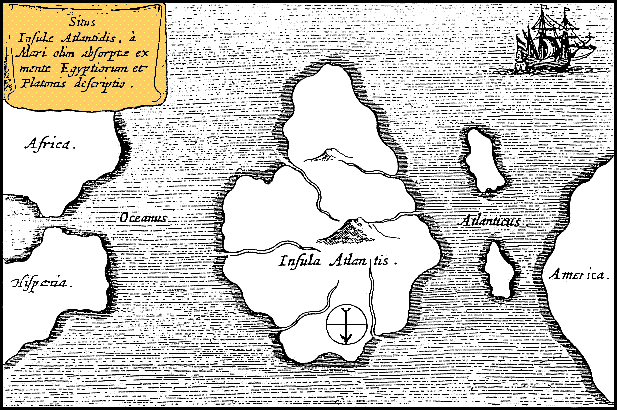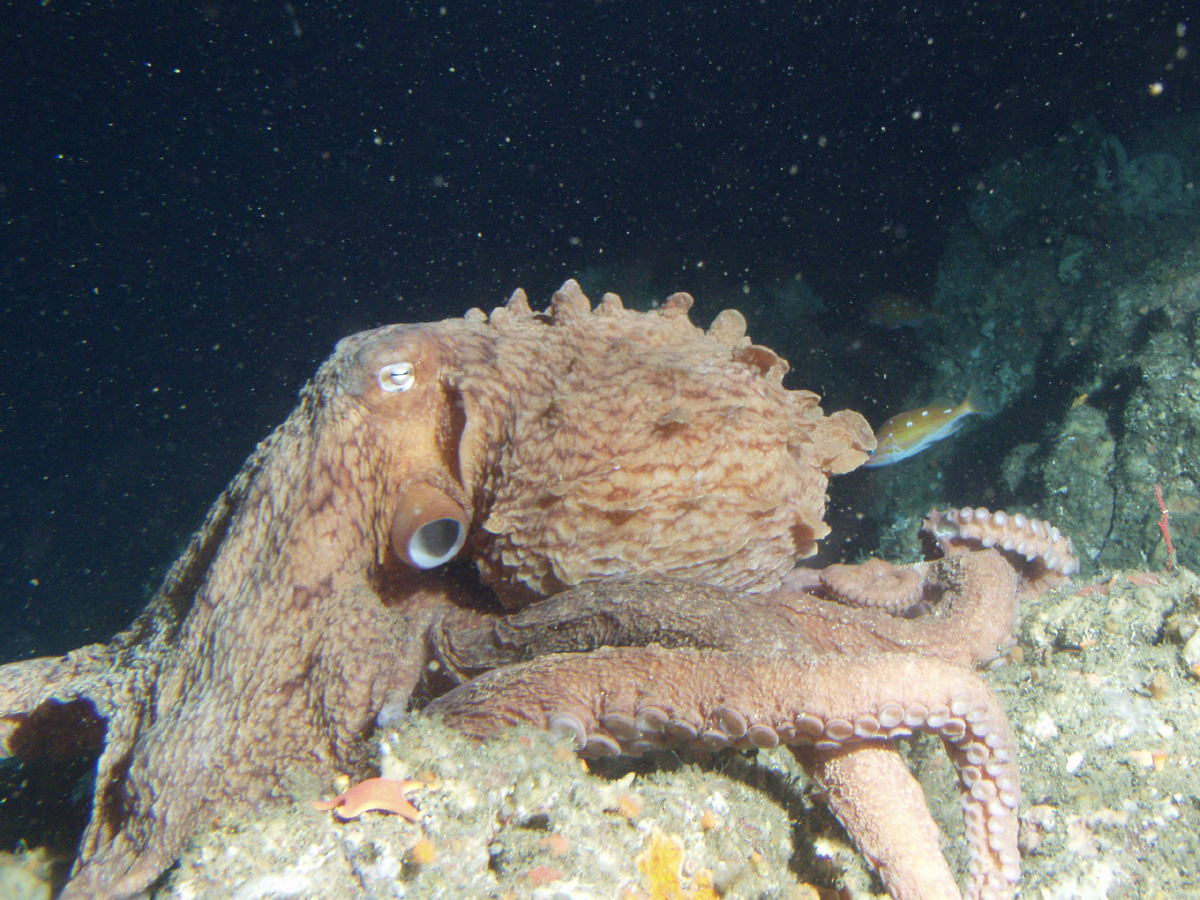John Michael Greer is a somewhat Janus-faced author,
who has both books about peak oil and occultism to his credit. He has even
published a book on monsters.
"Atlantis" straddles the two former subjects: the present crisis of
civilization and various esoteric-spiritual subjects. Greer has a more moderate
and realistic view of Atlantis than most alternative writers on the mysterious
lost continent. Despite that, his books come across as far scarier in the end!
However, it also carries a hidden message of hope and renewal. "More on
that as we proceed".
As almost everyone knows, the story of Atlantis originally appears in the Greek
philosopher Plato's famous dialogue "Timaeus". It's also mentioned in
"Critias". Plato claims that Atlantis was an ancient great power,
fighting a war against Athens. Atlantis eventually sunk in the sea, due to an
enormous earthquake. The island of Atlantis was situated "outside the
Pillars of Hercules" (i.e. Gibraltar), which would place it somewhere in
the Atlantic Ocean. Plato claims that the Greek statesman and reformer Solon
heard the story from an Egyptian priest. Speculations about Atlantis, its
inhabitants and their eventual fate have been rife ever since, with sceptics
either regarding Plato's story as a myth or a garbled account of how the Minoan
civilization of Crete was destroyed by a volcanic eruption at Thera. True
believers, by contrast, have filled in the original account of "Timaeus"
with their own, pretty wild, speculations. Many don't even place Atlantis in
the Atlantic! Greer has little problems dispensing with the fringe
"theories", although he does it in a relatively charitable manner.
Apart from Atlantis, occultists and people in the rejected-knowledge movement
have "discovered" or invented other sunken continents. Of these,
Lemuria is the most well-known. Originally a scientific speculation about a
land bridge between Madagascar and India, Lemuria has "migrated"
eastwards, eventually ending up in California! Some people apparently believe
that Mount Shasta is the last remnant of this sunken landmass. There is also
the Hyperborean continent and the weirdly named Mu. (Greer doesn't mention the
British pop band "Justified Ancients of Mu Mu"!) The most interesting
idea from Greer's part is that Madame Blavatsky's "The Secret
Doctrine" isn't meant to be taken literally. Rather, it's a exoteric
doctrine in the form of a "legominism", an adaptation of the esoteric
message in a form appropriate for its time, with the actual contents being
hidden beneath a surface seemingly about something else. If Greer is right,
Theosophists and others who diligently study Blavatsky's two-volume opus and
take it as literal truth, have misunderstood the deeper purpose of the work.
While more "moderate" than most people in the rejected-knowledge
movement, the author nevertheless presents some speculations of his own. The
Earth was rocked by catastrophic floods, climate change and other disasters at
about the same time as Plato's Atlantis is supposed to have been destroyed.
Greer further believes that Plato's geography makes sense, and that Atlantis
could have been an island off the American Atlantic coast. Both Cuba and the
Bahama islands were much larger 10,000 years ago. Greer tentatively suggests
that Grand Bahama Bank might have been the location of Atlantis. This is not a
new theory, and strange structures have actually been found off the coast of
Bimini Island (the famous Bimini Road). In Greer's opinion, they could be
man-made.
Of course, if Greer and others are correct, we would have to *radically* revise
our view of the Stone Age. Greer believes it's possible to create a real
civilization with Stone Age technology, a civilization with towns, ships,
empires, advanced art, writing and a relatively advanced agriculture and animal
husbandry. Some of his arguments are compelling, others less so. Surely a Stone
Age empire is a stretch? Greer is positive towards Charles Hapgood's classic
"Maps of the Ancient Sea Kings", generally regarded as a
pseudo-scientific work. Yet, I admit that his case against knuckle-walking
cavemen (or traditional hunters and gatherers) is somewhat stronger than I
expected.
Of course, John Michael Greer has an agenda with "Atlantis", as those
familiar with his other books might have guessed already. Greer is a strong
opponent of the Myth of Progress, and a supporter of the cyclical view of
history. Modern civilization is inevitably heading for disaster because of
cataclysmic climate change. Even apart from man-made disasters, Earth is an
unstable planet. Naturally occurring changes in climate have occurred before,
and even worse disasters are possible. Thus, a volcanic eruption at La Palma in
the Canary Islands could create a megatsunami that would literally wipe out the
U.S. East Coast, including New York City and Washington DC, flooding everything
in its way until stopped by the Appalachians. It will happen, sooner or later -
if tomorrow or in ten thousand years, nobody knows. Frankly, I was scared
reading ppg. 126-129 of this book! Greer's hard line comment: "Get used to
it". Ooops.
Thus, the story of Atlantis carries an unexpected warning to our own time: the
Myth of Progress is phoney, the Stone Age was really quite advanced, but its
sophisticated civilization eventually went under, so what makes us think we are
any different? However, "Atlantis" also contains a germ of hope. The
other coin of Greer's reasoning is that humans can create a viable civilization
even without modern, Western technology. Thus, the human race doesn't have to
go extinct just because *we* do (this apocalyptic idea is really the flip side
of the Myth of Progress). Even after massive future disasters, enough of
humanity will survive to start the cycle anew, on a very different planet -
just as we did the last time around, after the destruction of Atlantis.
"Atlantis" thus turns out to be Greer's very own legominism. It's not
really a book about Atlantis at all, but carries a hidden message adapted to
the conspiracist-sensationalist sensibilities of the Internet age. People
seemed to have missed the real point of Blavatsky's oeuvre. I can only hope
that they won't miss the point of John Michael Greer...





